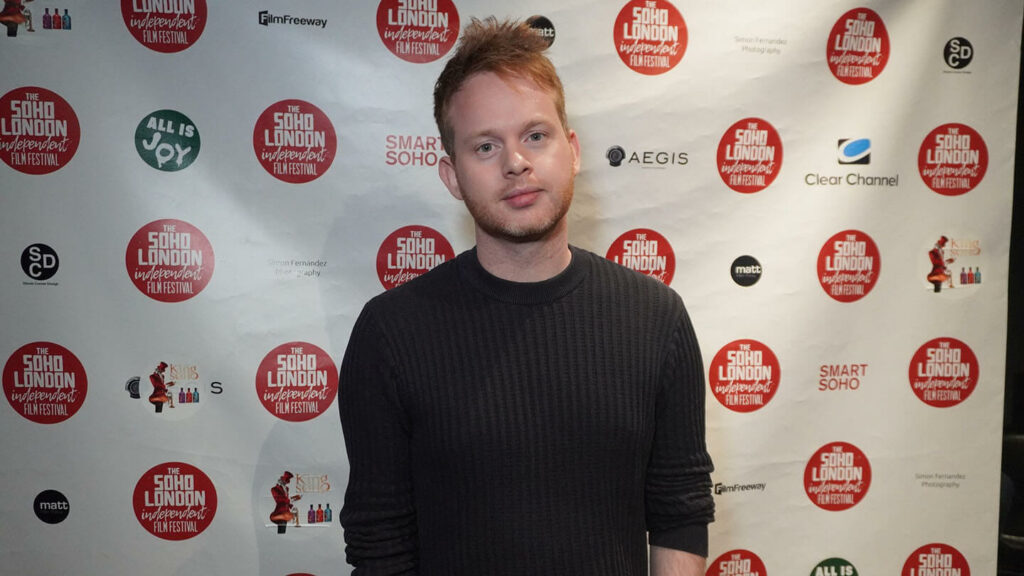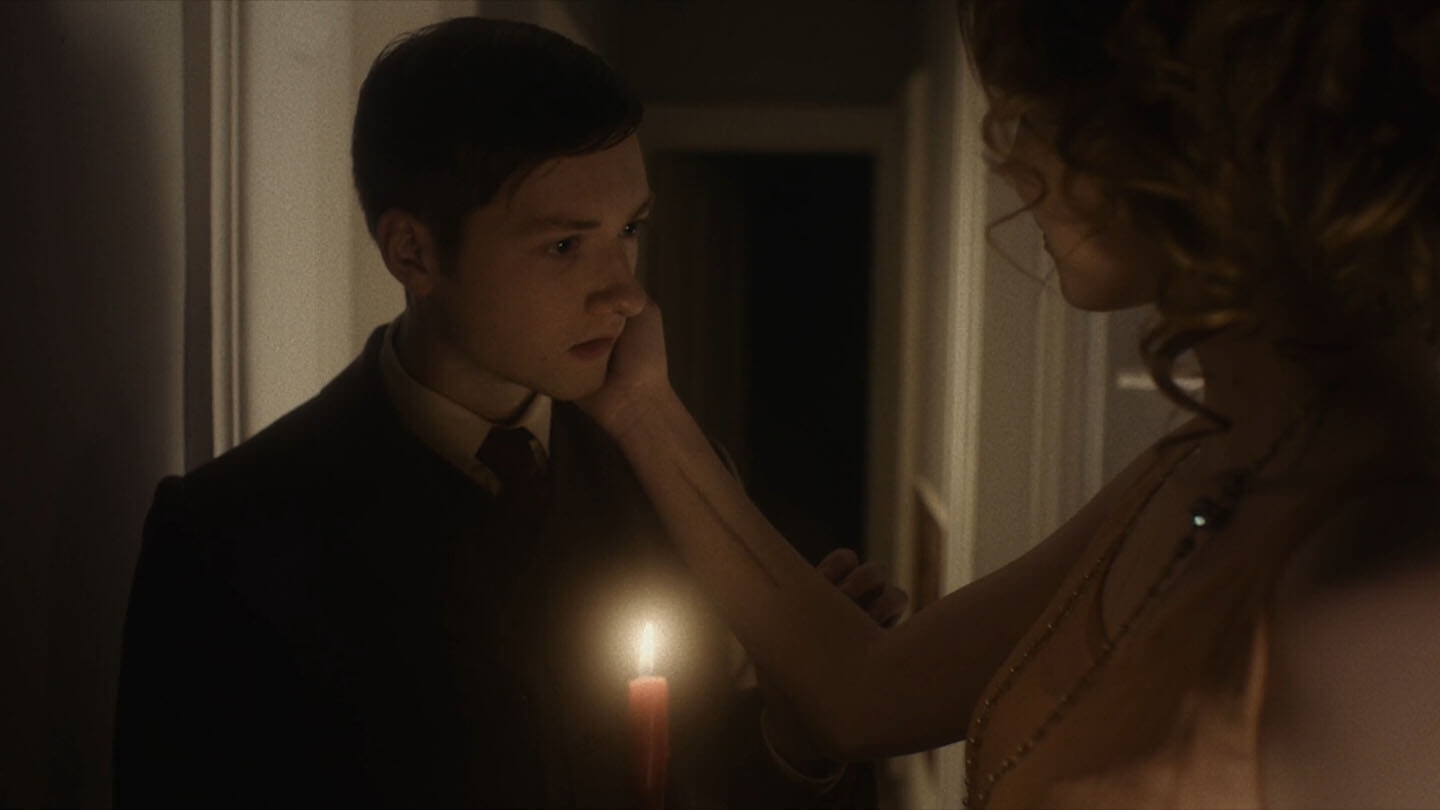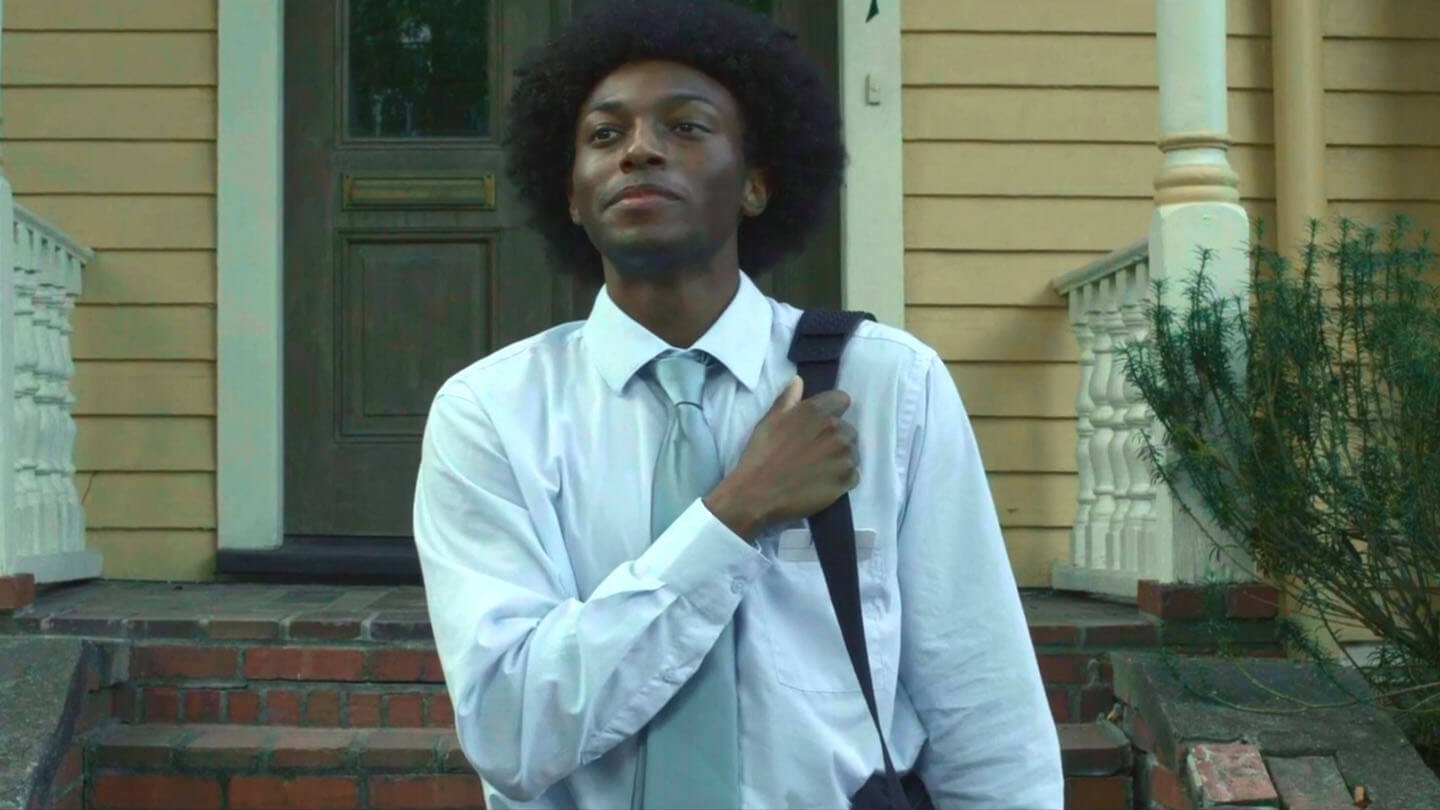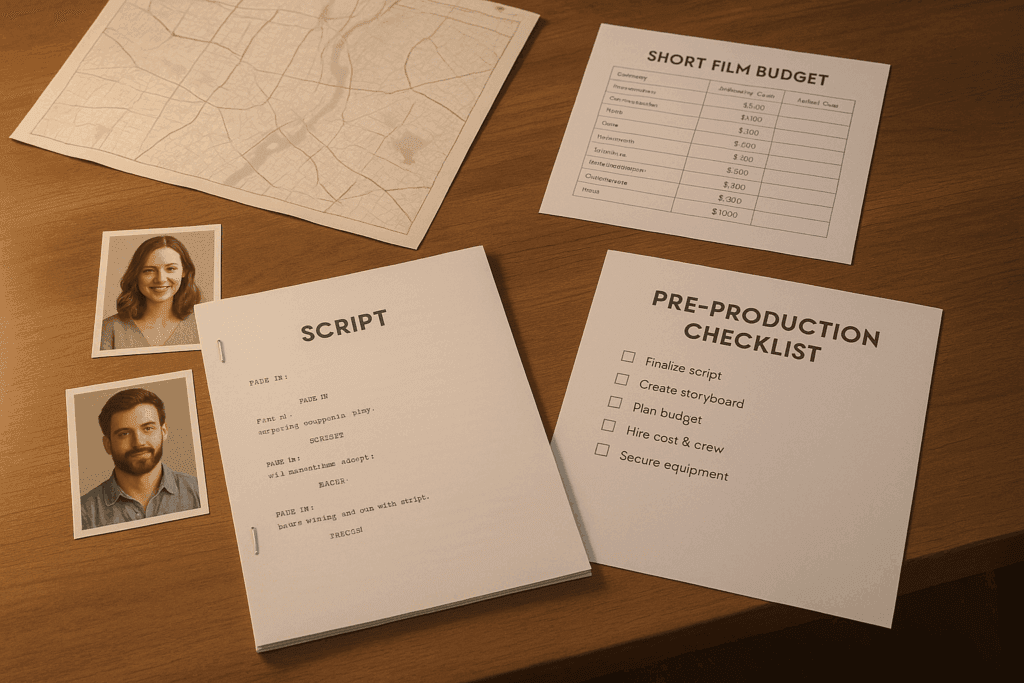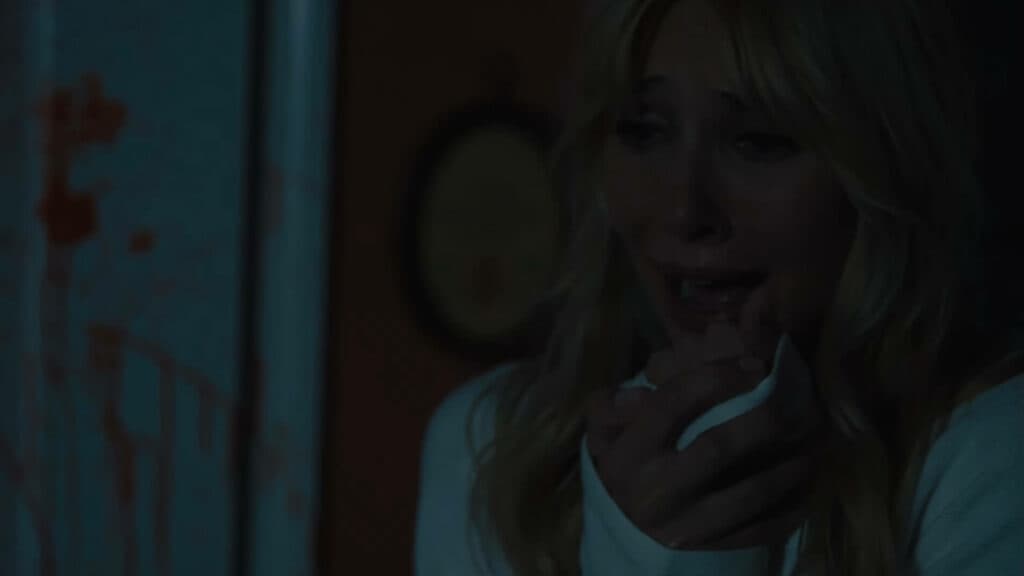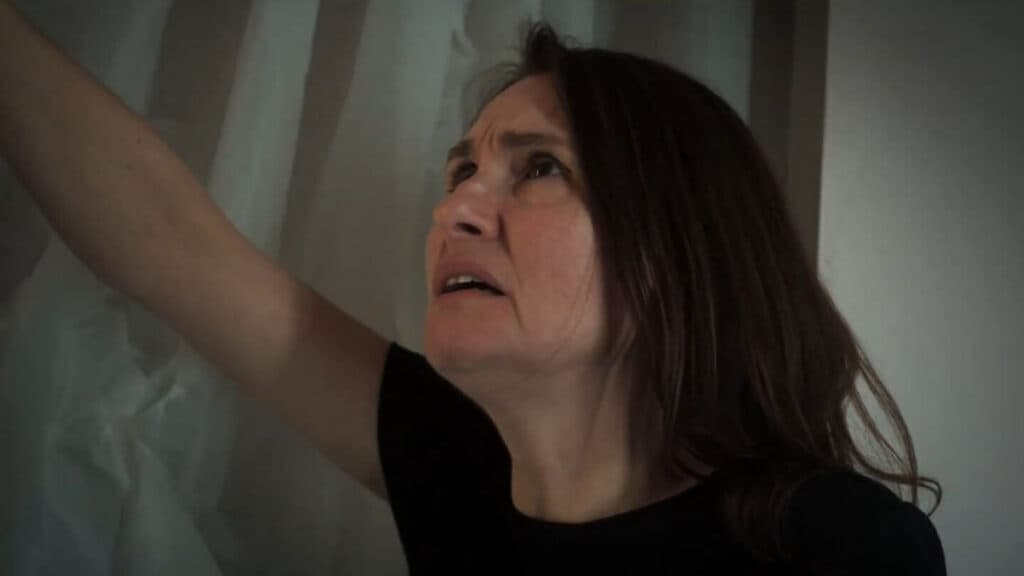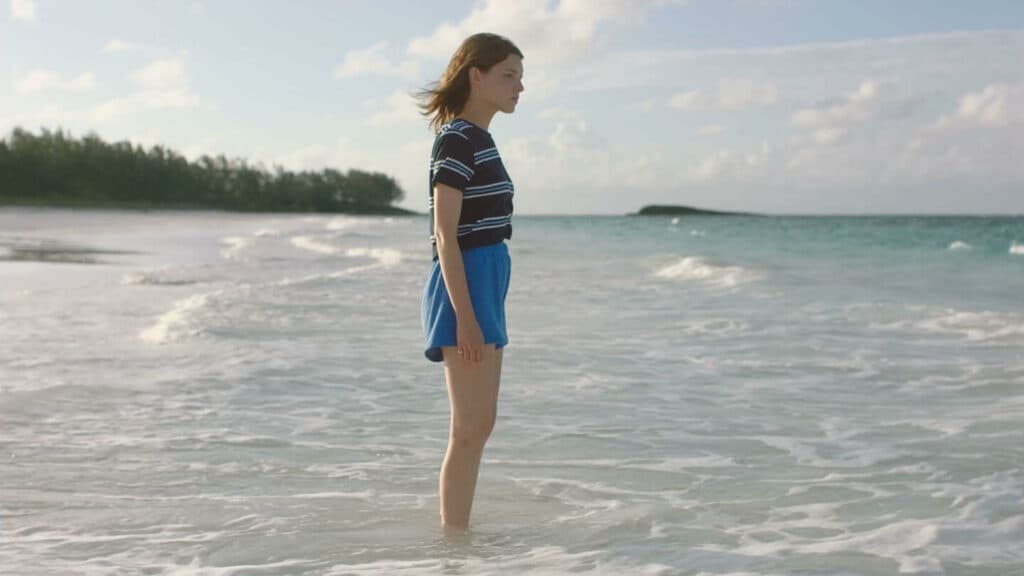Article too long to read?
In an era where independent cinema often struggles to balance artistry with activism, Patrick Ireland’s “Ill Fares The Land” emerges as a masterclass in metaphorical storytelling. The multi-award-winning filmmaker, whose work spans from high-end narrative drama to reality TV, has transformed a fantastical encounter between a boy and a mermaid into a powerful commentary on nationalism, family conflict, and the refugee crisis. In a candid conversation with Indie Shorts Mag, Ireland reveals the delicate process of weaving social consciousness into compelling narratives while offering unique insights into his creative journey from television production to acclaimed independent filmmaking.
Indie Shorts Mag: “Ill Fares The Land” masterfully weaves together fantasy elements with pressing social issues. What inspired you to use the metaphor of a mermaid to explore themes of nationalism and family conflict?
Patrick Ireland: I can’t recall exactly how I came across using the mermaid as a metaphor for an asylum seeker, but as soon as I did the script quickly took shape.
I wanted the film to explore how we dehumanise migrants and refugees; the far right present them as something insidious, an almost existential threat, while George, the protagonist, sees a mermaid, again something not quite human, he can’t grasp it.
The ‘mermaid as a migrant’ concept felt quite original, I’ve never seen it done before, especially in the context of the so-called ‘small boats crisis’ here in Britain.
Indie Shorts Mag: Your films often tackle complex social themes – from “Anonymous: A Million Men” to your latest work. How do you approach the balance between creating engaging storytelling and conveying deeper social messages?
Patrick: As the saying goes: “The philosophers have only interpreted the world in various ways. The point, however, is to change it”.
I think it’s important to document this particular era in history. The films I make tend to have political undertones because we’re living through such a significant historical moment. What’s more, I like the idea that historians will be able to go back to the films of this time, particularly the indies, to be able to get a sense of how everyday people thought/felt about the world and what was happening around them.
All that being said though, story and character is central. The ‘message’ can never overshadow that. Otherwise, it becomes patronising and grating for audiences. Trust them to interpret your film – and sometimes, more often than not, they see things you don’t!
Indie Shorts Mag: The performances in “Ill Fares The Land,” particularly from Noah Silverstone and Ruaridh Aldington, have been widely praised. Could you share your process for directing young actors in such emotionally demanding roles?
Patrick: I was incredibly lucky with the actors I got to collaborate with in Ill Fares The Land. Both Noah and Ruaridh give phenomenal performances – they gave it their all and it shows on screen!
My ‘process’ when it comes to performance is, firstly, to give the actors my unwavering trust and commitment. Then it’s about working with them closely to remake the character from the ground up. I want the actors to feel a genuine sense of ownership and agency over whomever they’re playing. What’s written in the script is ultimately secondary because a script can’t truly capture living, breathing, multi-dimensional people.
As such, I need to go on a ‘journey’ with the actors I’m working with in order to find their character. It’s actually very fun when I finally get to meet them, they often surprise me in ways I didn’t expect.
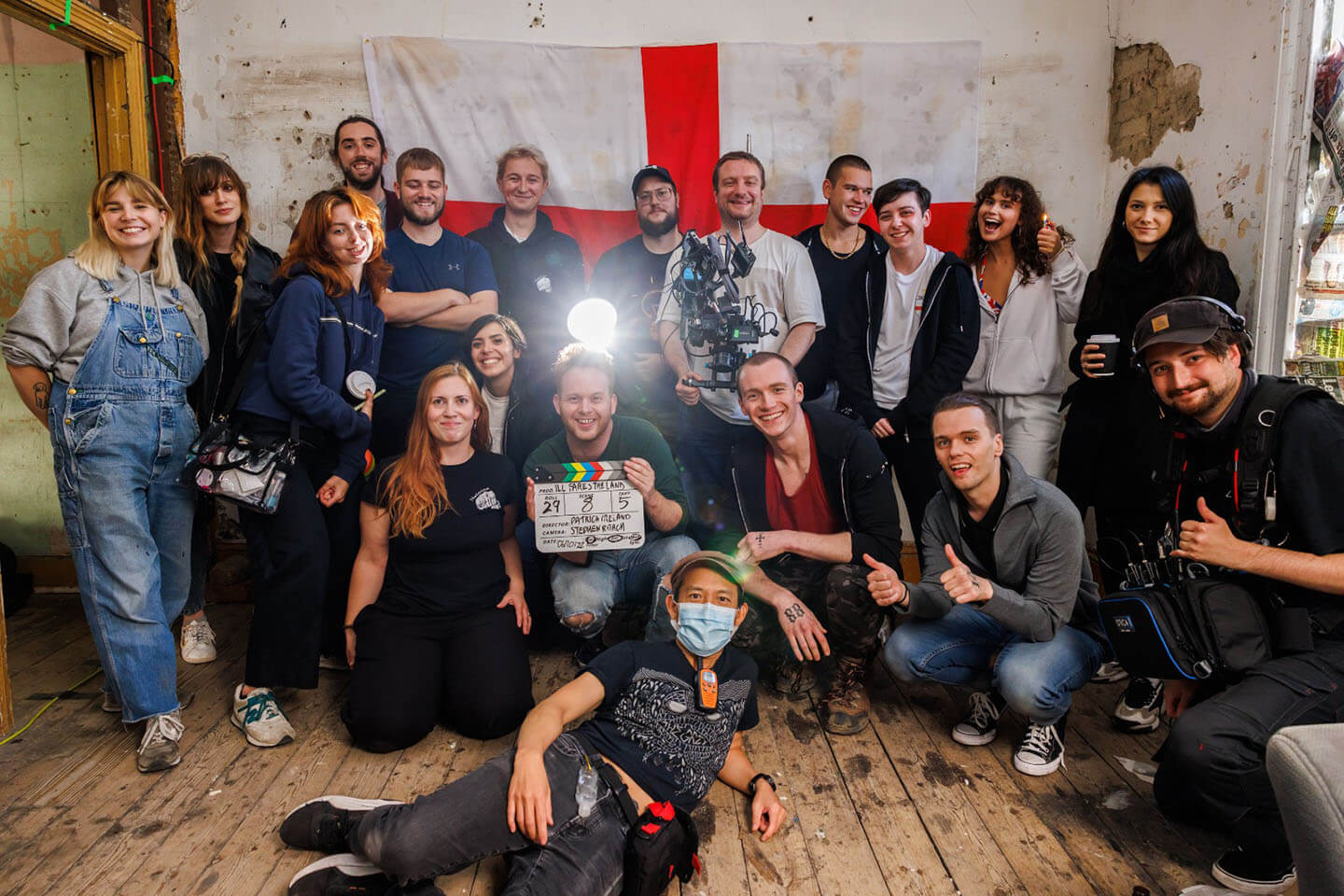
Indie Shorts Mag: Having worked across various formats – from high-end narrative drama to reality TV – how does your experience in different media influence your approach to independent filmmaking?
Patrick: This industry often likes to pigeon hole people as one thing and aggressively polices formats. I think this is ultimately detrimental because you just end up with with people self-replicating what’s come previously, as opposed to bringing in fresh ideas, perspectives, experiences, etc.
In the case of Ill Fares The Land – one of the reasons that film is technically possible is because of the years I spent making competition segments for ITV. That experience taught me how to shoot quick, harness locations, collaborate with talent, etc.
I think the more abstract creative side to filmmaking is sometimes too over-emphasised; at the end of the day this is a practical craft. And practise makes perfect.
Indie Shorts Mag: The visual effects in “Ill Fares The Land,” especially the mermaid design, have received significant attention. What were the challenges of incorporating these fantasy elements while maintaining the film’s grounded, realistic tone?
Patrick: Probably the most important aspect of Ill Fares The Land was ensuring the mermaid didn’t look silly. The audiences needed to immediately buy in, otherwise everything we were trying to do with the film would’ve collapsed. It would’ve been self-immolation.
Luckily, I came across Siki Red Fins on Instagram, a bloke who literally specialises in making custom, realistic mermaid tails! Moreover, I cast the outstanding Smilla Erlandson who was able to bring such depth and humanity to what was a very abstract and cerebral role on paper.
Indie Shorts Mag: Your film screened at numerous festivals and won multiple awards. How has the festival circuit experience influenced your perspective on independent filmmaking?
Patrick: Yes and no. I think short films, and indie filmmaking in general, needs to try to move beyond simply the ‘festival run’. Sometimes it feels like the relationship between filmmakers and festivals is based more on profit extraction, than a love of the art.
Don’t get me wrong though, I’m very grateful to the festivals that screened Ill Fares The Land – given the film’s themes, it’s always a brave choice.
Indie Shorts Mag: As someone who has directed content both locally and internationally, how do cultural differences influence your storytelling approach, particularly when dealing with universal themes?
Patrick: People are mostly the same. Different cultures have their quirks, but often it’s just a re-skinning of the same stories and themes. I don’t particularly like fetishising culture or individualism, which is done too much today. For me, what’s always more interesting – and beneficial for humanity – is in trying to find the universal.
Indie Shorts Mag: The editing in “Ill Fares The Land” plays a crucial role in building tension and revealing the story. Could you discuss your collaboration with your editor and your vision for the film’s unique narrative structure?
Patrick: The film was edited by a lovely man named Michael Pentney. He came on board fairly early, and was supportive of the project throughout. We spent many a day locked in a small room together pouring over footage, and it was honestly a blast!
From the outset, I always envisioned the film to have that particular narrative structure as I wanted to create something that felt half-dream, half-reality.
Mike got it 100%. He understood that I had a specific vision and was more than happy to elevate it with his own craft and expertise.
Indie Shorts Mag: From “Anonymous: A Million Men” screening at the Houses of Parliament to your latest success, how has your approach to filmmaking evolved over the years?
Patrick: If at first you don’t succeed, try try again.
Indie Shorts Mag: With the success of “Ill Fares The Land,” what’s next for you as a filmmaker? Are there particular stories or themes you’re eager to explore in your future projects?
Patrick: I’d love to make a feature film at some point in the near future. In terms of stories and genre, there are so many I’d like to play around with – horror, musical, more comedy. Regarding themes, I’ll (probably) always try to ground it in our present reality: late-stage capitalism and the chaos it’s spewing.
As our conversation draws to a close, Ireland’s perspective on filmmaking reveals itself to be refreshingly grounded yet ambitiously visionary. His desire to document our era’s complexities through the lens of “late-stage capitalism and the chaos it’s spewing” speaks to a filmmaker who refuses to be constrained by conventional boundaries. From his pragmatic approach to production, honed through years in television, to his philosophical take on universal storytelling, Ireland represents a new generation of filmmakers who understand that cinema’s power lies not just in its ability to entertain, but in its capacity to reflect, challenge, and ultimately change our understanding of the world around us. With aspirations for feature filmmaking on the horizon and an openness to exploring various genres, it’s clear that Ireland’s unique voice in independent cinema is just beginning to make its mark.
About the Author
Related Posts
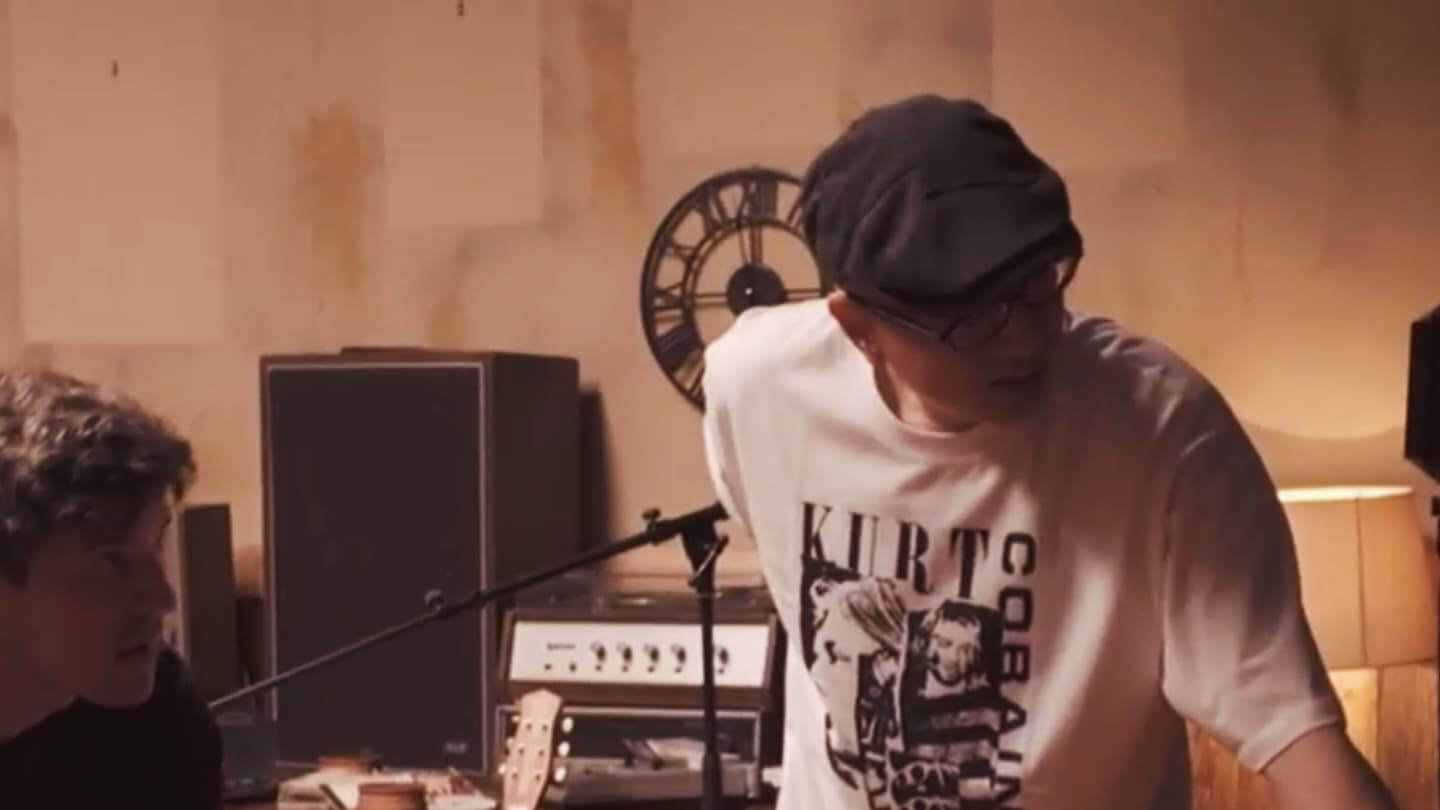 Interviews
InterviewsFrom Saatchi to Surrealism: How Sam Iwata Merges Commercial Rigor with the Psychological Abyss
 Interviews
InterviewsCrafting A ‘Dark Visual Lullaby’ On 35mm: Anjini Taneja Azhar On The Magical Realism Of ‘Who Are You, Nanu?’
 Interviews
InterviewsFraming The Future: Jada George On Visual Tension, Dystopian Narratives, And Reclaiming The Black Experience In Sci-Fi
No comments yet.
Got Something to add to this article?
Your email address will not be published. Required fields are marked *

